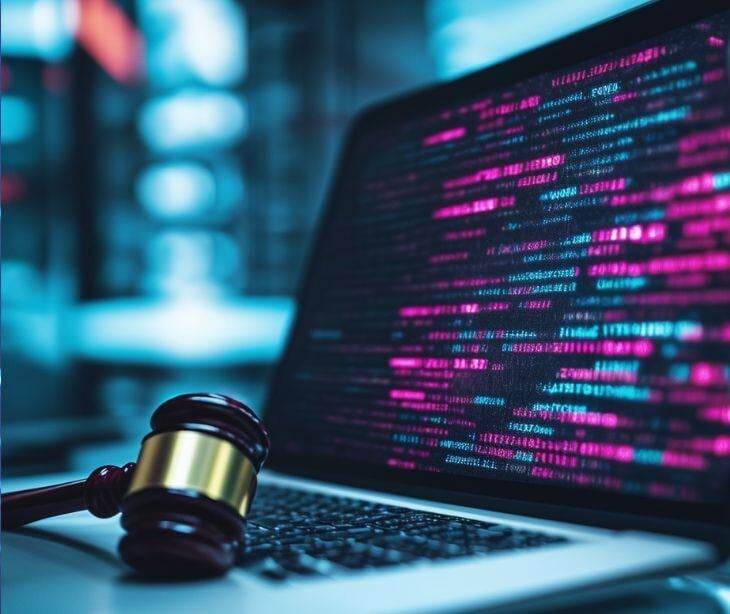2 min read
Bridgeway Center cyberattack lessons and recommendations
Tshedimoso Makhene
November 19, 2024

The recent settlement involving Bridgeway Center indicates the consequences of cyberattacks and stresses the need for robust security practices. Thousands of Americans affected by the breach may be eligible for compensation, but the broader implications serve as a wake-up call for organizations and individuals alike.
Understanding the Bridgeway Center settlement
The 2024 cyberattack on Bridgeway Center, a behavioral health services provider, exposed sensitive personal information (PII) and protected health information (PHI) of employees and patients. The compromised data included Social Security numbers, health insurance details, and financial records, raising concerns about identity theft and financial fraud.
A class-action lawsuit followed, alleging that Bridgeway Center’s negligence enabled the breach. While the organization denies any wrongdoing, it agreed to a settlement offering payouts of up to $7,500 for documented losses. Eligible individuals must file claims by December 26, 2024, providing proof of expenses directly linked to the breach.
Go deeper: Bridgeway Center data breach settlement could pay victims up to $7,500
Lessons learned from the data breach
- The cost of negligence: The Bridgeway case proves the heavy price organizations pay for inadequate cybersecurity. Beyond financial settlements, data breaches erode consumer trust and damage reputations.
- The ripple effect of poor security: When sensitive data is compromised, the fallout affects individuals long after the breach. Victims may face identity theft, financial fraud, and emotional distress—issues that can persist for years.
- The importance of proactive measures: Many data breaches, including this one, could have been prevented with reasonable security measures. Regular audits, employee training, and advanced technology can go a long way in safeguarding sensitive information.
Recommendations for organizations
- Invest in comprehensive cybersecurity: Implement multi-layered security protocols, including firewalls, encryption, and intrusion detection systems. Conduct regular vulnerability assessments to identify and address weaknesses.
- Train employees on data protection: Studies found that humans are the weakest link in cyber security. This is particularly accurate when it comes to personal computing environments since they are the target of 95% of the malicious attacks.” Regular training can equip employees to recognize phishing attempts and adhere to best practices for handling sensitive information.
- Develop an incident response plan: A well-prepared incident response plan minimizes damage when breaches occur. Ensure your organization has clear procedures for notifying affected parties and mitigating risks.
- Be transparent with stakeholders: Prompt, honest communication builds trust during crises. Notify affected individuals as soon as possible, providing resources and support to address potential risks.
Steps individuals can take to protect their data
- Monitor accounts regularly: Keep a close eye on your financial statements and credit reports for unauthorized transactions. Prompt action can limit the damage if your information is misused.
- Use strong passwords: Create complex, unique passwords for all accounts. Consider using a password manager to store them securely.
- Enable two-factor authentication (2FA): Adding an extra layer of security to your accounts makes it harder for hackers to gain access, even if they obtain your login credentials.
- Be cautious online: Avoid clicking on suspicious links or sharing personal information via email or phone unless you are certain of the recipient's legitimacy.
See also: HIPAA Compliant Email: The Definitive Guide
Related: Unpacking the benefits of cybersecurity in healthcare
FAQs
Why is an incident response plan important?
A response plan ensures organizations can act quickly to minimize damage, notify affected individuals, and address vulnerabilities after a breach occurs.
Can I still sue the company after accepting a settlement?
No. By accepting a settlement, you waive your right to pursue further legal action related to the same incident.
Can I file a claim on behalf of a minor or deceased family member?
Yes, but you’ll typically need to provide documentation proving your authority, such as guardianship or estate paperwork.
Subscribe to Paubox Weekly
Every Friday we'll bring you the most important news from Paubox. Our aim is to make you smarter, faster.



